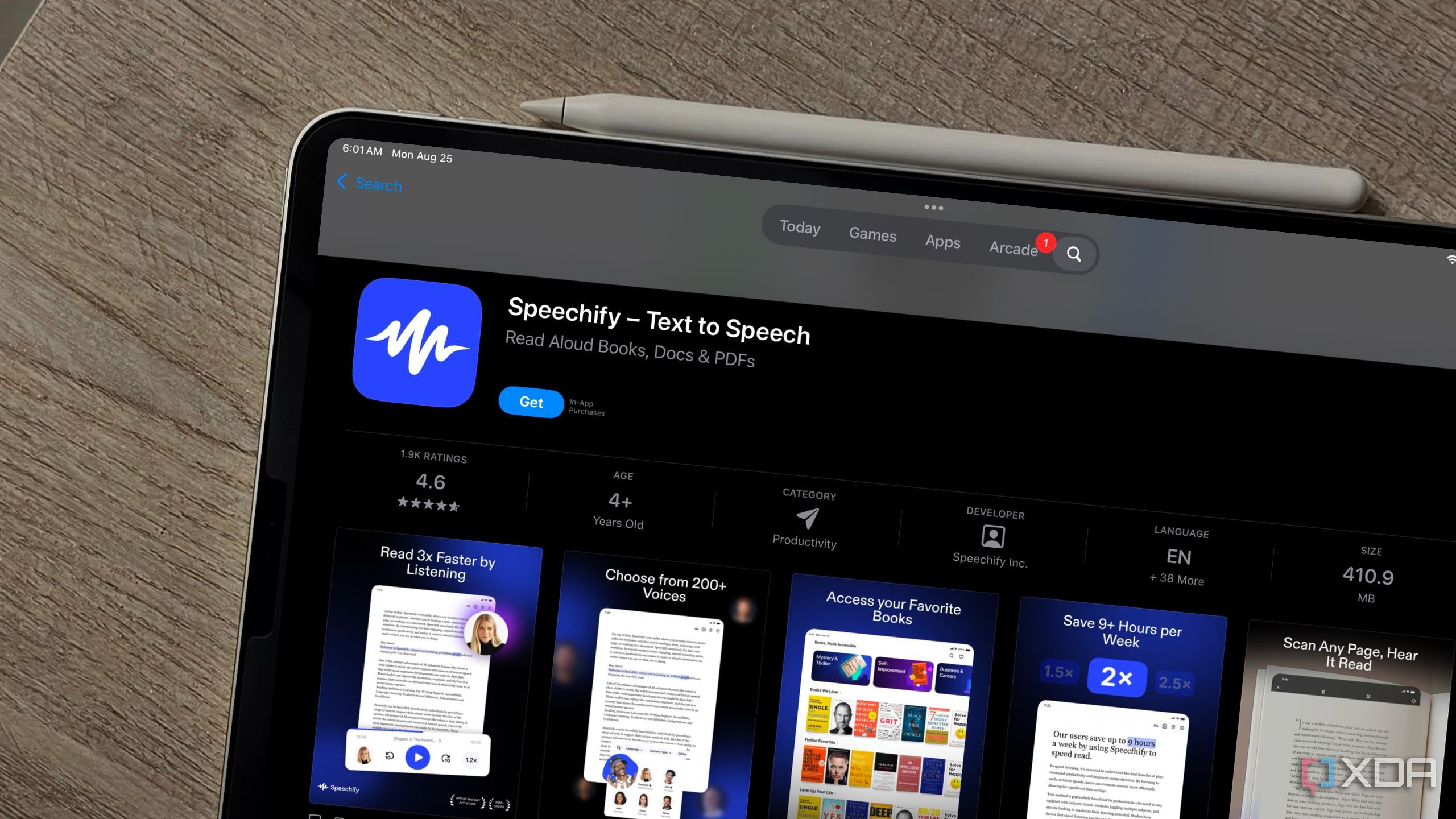UPDATE: In a significant move for content consumption, Speechify has just launched its highly anticipated AI Podcasts feature, positioning itself as a formidable competitor to NotebookLM. This release, announced on August 12, 2025, promises users an innovative way to transform articles and documents into engaging, lecture-style podcasts featuring 2-3 speakers.
The urgency of this announcement resonates particularly in the education sector, as students and professionals alike seek efficient methods to digest information. With Speechify’s AI Podcasts, users can convert written content into concise podcasts lasting between five and ten minutes. This development poses a direct challenge to Google’s NotebookLM, known for its AI-generated Audio Overviews.
The feature is currently available exclusively to Speechify Premium users on iOS, sparking interest among tech enthusiasts. Although it requires a paid subscription, the promise of improved functionality could entice users away from free alternatives like NotebookLM, which offers Audio Overviews at no cost.
Users can create an AI Podcast effortlessly by uploading a document and selecting from four distinct podcast formats: Podcast, Late Night Show, Debate, and Lecture. This level of customization is a notable improvement over NotebookLM’s fixed conversational style, enhancing user experience.
During testing, the AI Podcast generated from a PDF article showcased a professional and engaging discussion that included humor and clever analogies. Unique to Speechify is the inclusion of real-time captions, allowing users to follow along seamlessly, a feature that NotebookLM currently lacks. This enhancement substantially increases accessibility for those who rely on visual aids.
However, the new feature is not without its limitations. Speechify currently caps the length of its AI Podcasts at ten minutes, potentially restricting in-depth exploration of complex topics. In contrast, NotebookLM allows users to choose the length of their Audio Overviews, accommodating varied research needs. Additionally, Speechify users can only generate podcasts from one document at a time, limiting the tool’s effectiveness for comprehensive studies.
The exclusive availability of this feature on the iOS app also raises questions about accessibility for users who prefer desktop platforms. As it stands, many NotebookLM users may find it challenging to justify switching to a premium service when free options already provide substantial functionality.
Despite these drawbacks, many are excited about the potential of Speechify’s AI Podcasts and its future developments. As the landscape of AI-driven content consumption evolves, competition between these two platforms will likely spur further innovations, making it a space to watch closely.
As users explore the new Speechify feature, many are left wondering whether it might lead to a shift away from NotebookLM. The race for the best AI-powered content tool is officially on, and only time will tell who will emerge victorious.
